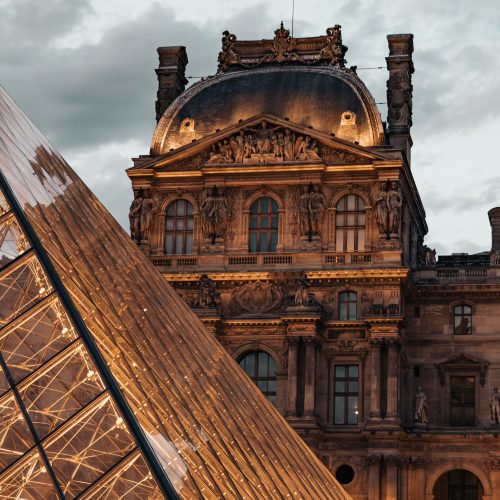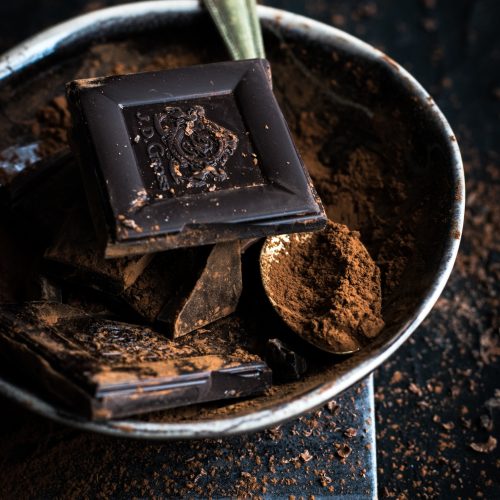Opera: A Melodic Journey Through Tourism, Culinary Delights, and Jolly Experiences
Opera, an art form that seamlessly combines music, drama, and visual spectacle, has long captivated audiences around the world. Its rich history and immersive performances have not only shaped the cultural landscape but have also become a significant draw for tourism. Beyond the enchanting melodies and compelling narratives, opera has forged deep connections with tourism, culinary experiences, and an overarching sense of joy and delight.
Opera and Tourism: Harmonizing Cultural Explorations
Opera houses, with their grand architectural designs and captivating productions, have become iconic landmarks in many cities. From the magnificent La Scala in Milan to the opulent Opéra Garnier in Paris, these theaters serve as cultural beacons that attract tourists from all corners of the globe. Visitors flock to these venues not only to witness breathtaking performances but also to revel in the historical significance and architectural splendor they offer.
Opera festivals and events further enhance the relationship between opera and tourism. Celebrated gatherings like the Salzburg Festival in Austria and the Glyndebourne Festival in England lure music enthusiasts and tourists alike. These festivals create a unique atmosphere, combining the charm of the host city with the magic of live opera performances. The combination of cultural immersion and artistic brilliance draws visitors who wish to experience the finest operatic traditions while exploring new destinations.
Opera and Culinary Delights: A Symphony of Gastronomic Experiences
Opera is not only an auditory feast but also a gateway to culinary delights. Many opera enthusiasts embark on gastronomic journeys that complement their operatic experiences. Cities with renowned opera houses often boast a vibrant culinary scene, offering pre-show dining options that range from elegant fine dining establishments to charming local eateries.
Italy, the birthplace of opera, seamlessly intertwines its operatic heritage with its world-renowned cuisine. In cities like Verona, where the annual Arena di Verona Festival takes place, visitors can indulge in sumptuous Italian dishes that pair perfectly with the melodies of Verdi or Puccini. The marriage of opera and culinary excellence allows tourists to savor the cultural essence of a destination through both their taste buds and their ears.
Opera, Joy, and Delight: A Theatrical Experience
Opera has the remarkable ability to transport audiences to fantastical realms and evoke a wide range of emotions. The combination of powerful vocal performances, elaborate stage sets, and intricately designed costumes creates an immersive experience that fills theaters with jolly and delighted patrons.
Opera comedies, such as Mozart’s “The Marriage of Figaro” or Rossini’s “The Barber of Seville,” infuse the audience with infectious laughter and a sense of lighthearted joy. These light-hearted productions serve as a reminder that opera is not solely reserved for the serious and somber. It allows people to revel in the sheer delight of a well-executed aria or a witty libretto, fostering an atmosphere of shared merriment and creating lasting memories.
Furthermore, opera festivals often offer open-air performances, transforming historical sites and scenic locations into magnificent stages. These outdoor productions, with their captivating blend of music, nature, and community, create a festive ambiance that amplifies the sense of joy and delight. Attendees can bask in the glorious melodies while embracing the enchanting surroundings, forging connections not only with the performers but also with fellow opera enthusiasts.
In conclusion, opera goes beyond the boundaries of music and theater. Its impact on tourism, culinary experiences, and the creation of jolly and delightful atmospheres is profound. Through opera, tourists embark on cultural explorations, savoring the fusion of musical and culinary excellence. The art form’s ability to inspire joy and create unforgettable moments further solidifies its role as a catalyst for cultural enrichment and shared human experiences.



Leave a Reply